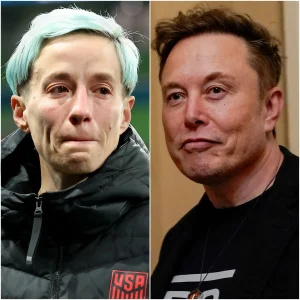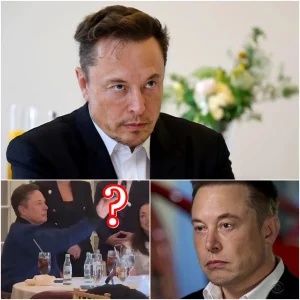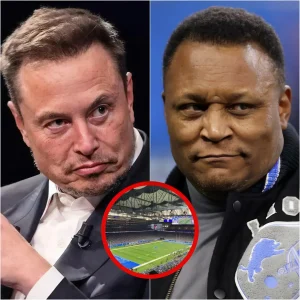Elon Musk’s Father Errol Denies His Son is Racist, Says He Was Friends With Their “Black Servants” in South Africa
Errol Musk, the father of billionaire entrepreneur Elon Musk, has publicly defended his son against accusations of racism. In a recent interview, Errol dismissed such claims and emphasized that their family had friendly relations with the Black servants who worked for them in South Africa. His remarks, however, have sparked controversy, as many critics argue that his comments reflect an outdated perspective on race and privilege.
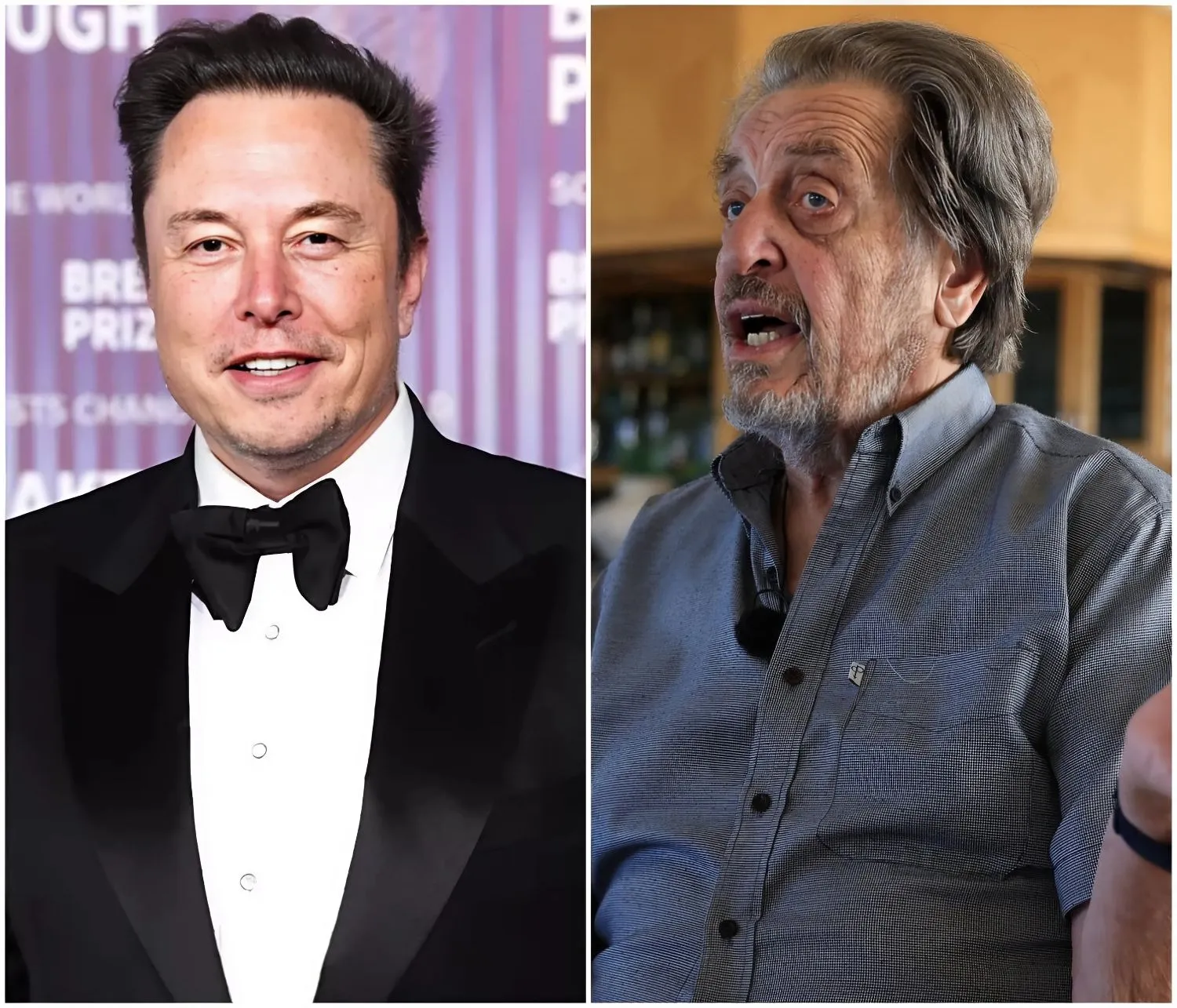
During the interview, Errol Musk insisted that Elon was never racist and that accusations against him were completely unfounded. He pointed to their upbringing in apartheid-era South Africa, where racial segregation was legally enforced, and claimed that his family did not share the racist attitudes prevalent at the time. As evidence, he mentioned that they were on good terms with their Black employees and had even considered them “friends.”
“We were friends with the Black servants in our household,” Errol stated. “They were part of our lives, and we treated them well. Elon grew up around them and was never taught to judge people by their skin color.”
While Errol Musk’s words may have been intended to clear his son’s name, they have instead led to further debate. Many critics argue that referring to household workers as “friends” does not negate the inherent power imbalance between employer and employee, especially within the context of apartheid South Africa. The system at the time deprived Black citizens of fundamental rights, and many worked in white households out of necessity rather than genuine friendship.
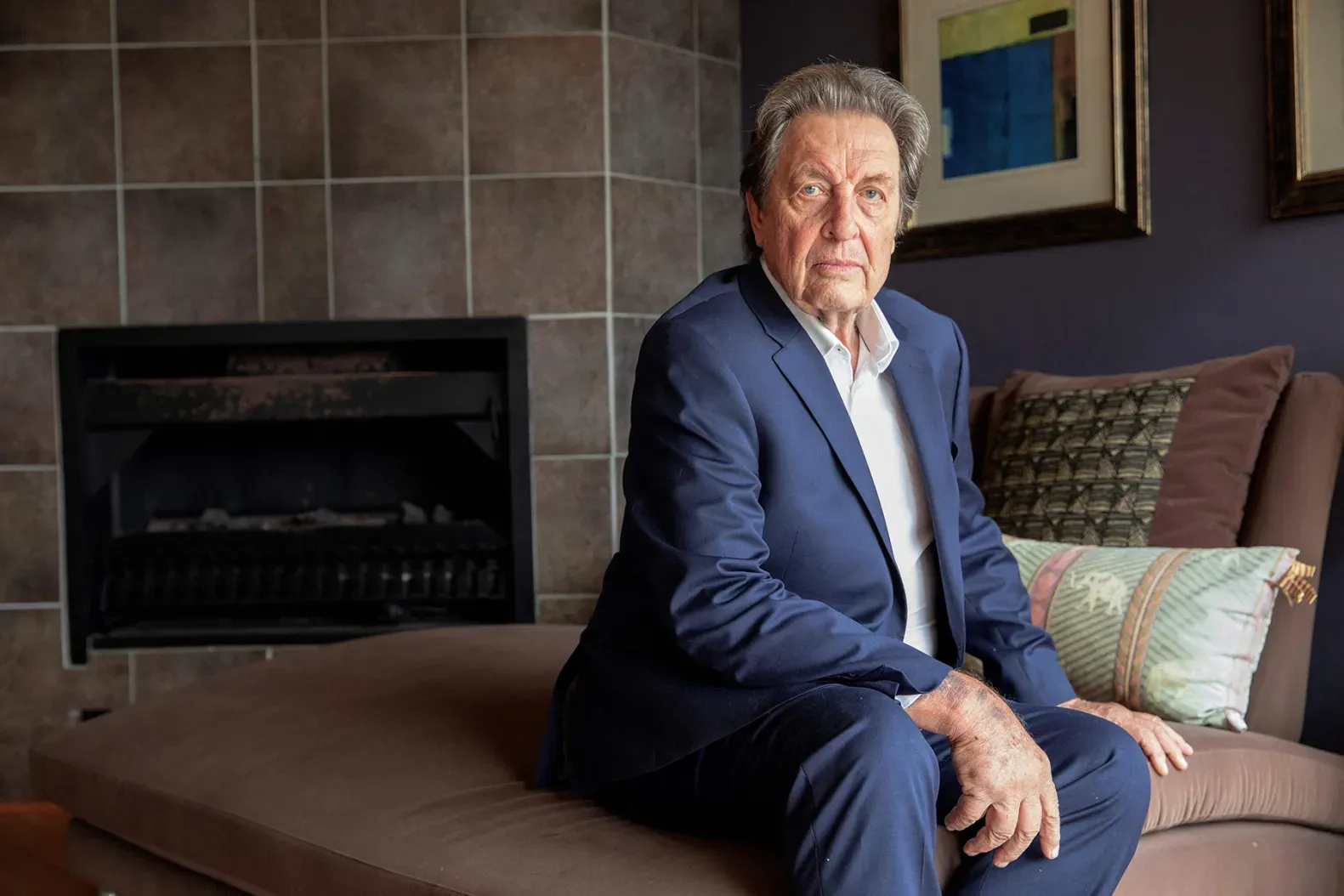
Elon Musk himself has not directly responded to his father’s statements. However, he has frequently been outspoken about his views on race, equality, and free speech. His leadership at companies like Tesla, SpaceX, and X (formerly Twitter) has put him in the public eye, making him a target of scrutiny. Critics have pointed to past incidents, such as allegations of racial discrimination within Tesla’s workforce, as reasons why discussions about Musk and race continue to surface.
Supporters of Elon Musk, on the other hand, argue that he has demonstrated a commitment to meritocracy and innovation, employing a diverse workforce and supporting technological advancements that benefit people of all backgrounds. They also contend that his critics often take statements out of context to fit a particular narrative.
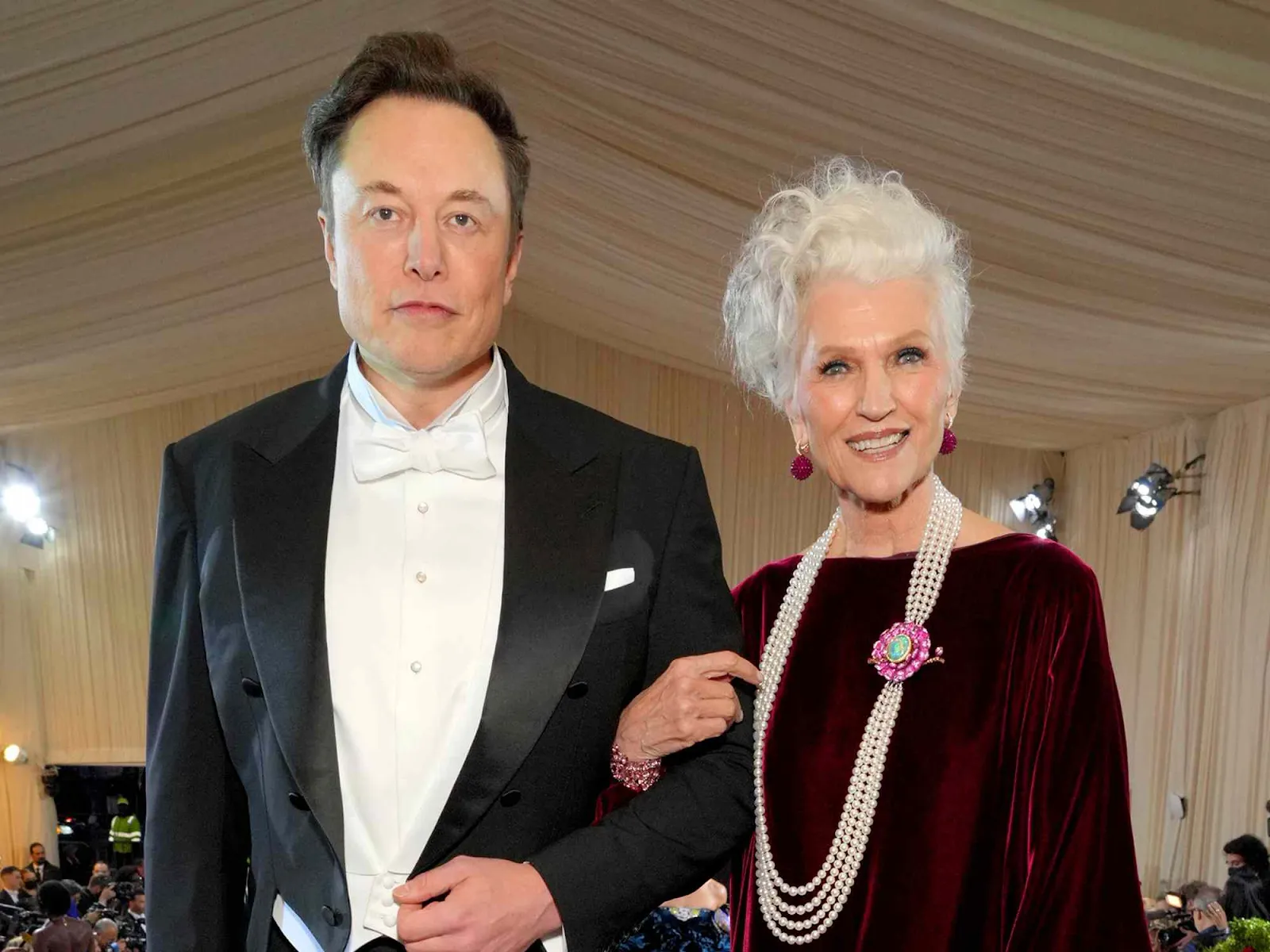
The controversy surrounding Errol Musk’s comments highlights the ongoing discussions about race, privilege, and historical context. While he sought to portray Elon as someone who grew up in an inclusive environment, his remarks have been interpreted by some as dismissive of the real struggles faced by Black South Africans under apartheid.
As one of the most influential figures in the world, Elon Musk continues to be a polarizing figure. Whether his father’s statements will impact his public image remains to be seen, but the conversation about race and privilege is unlikely to fade anytime soon.
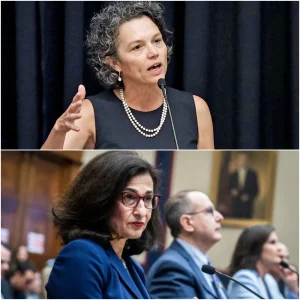
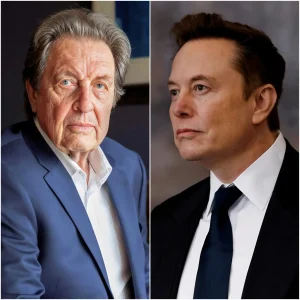
 Shocking! Elon Musk’s Dad Denies Racism Allegations: “He Was Friends With the Black Servants!”
Shocking! Elon Musk’s Dad Denies Racism Allegations: “He Was Friends With the Black Servants!” 
